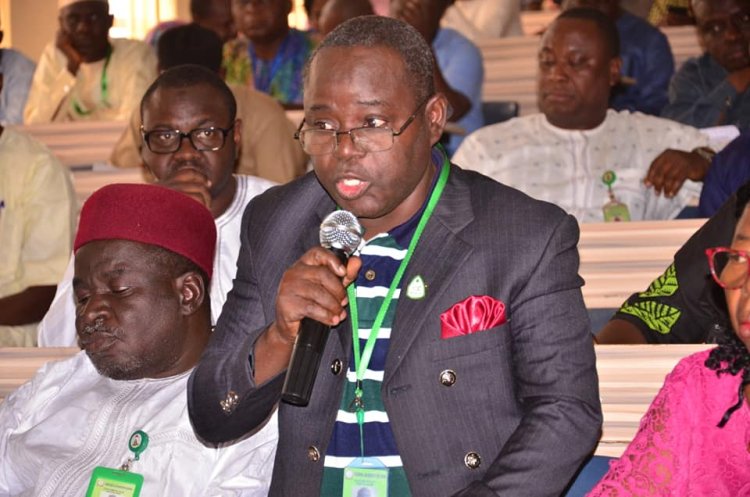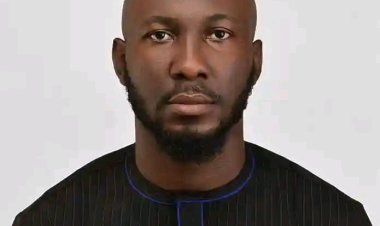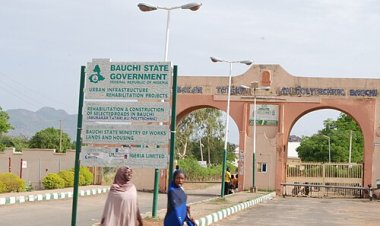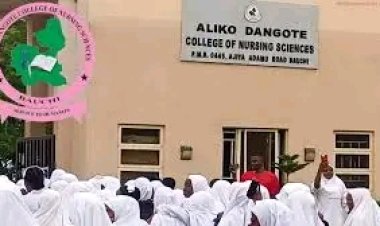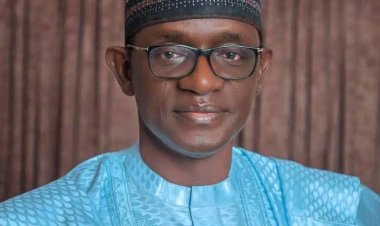FULafia trains lecturers on Core Curriculum and Minimum Academic Standards (CCMAS)
FULafia trains lecturers on Core Curriculum and Minimum Academic Standards (CCMAS) recently approved by Nigerian Universities Commission (NUC) for universities in Nigeria.
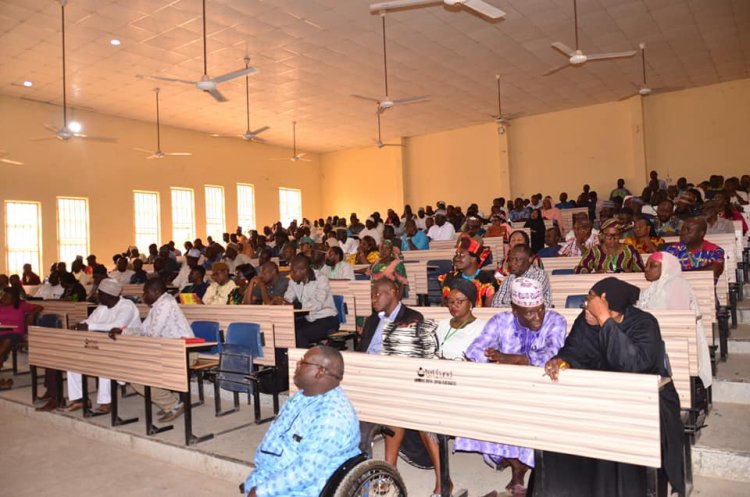
Federal University of Lafia (FULafia) has organised a step-down training for lecturers on how to adopt the strategies for the successful implementation of the new Core Curriculum and Minimum Academic Standards (CCMAS) recently approved by Nigerian Universities Commission (NUC) for universities in Nigeria.
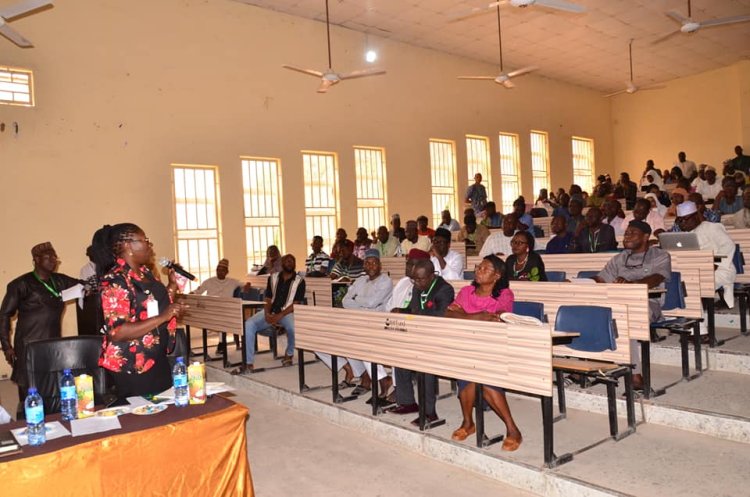
The new CCMAS was introduced by the NUC with the aim of ensuring that academic programmes of the Nigerian universities become competitive and imbue Nigerian graduates with needed skills for gainful employment.
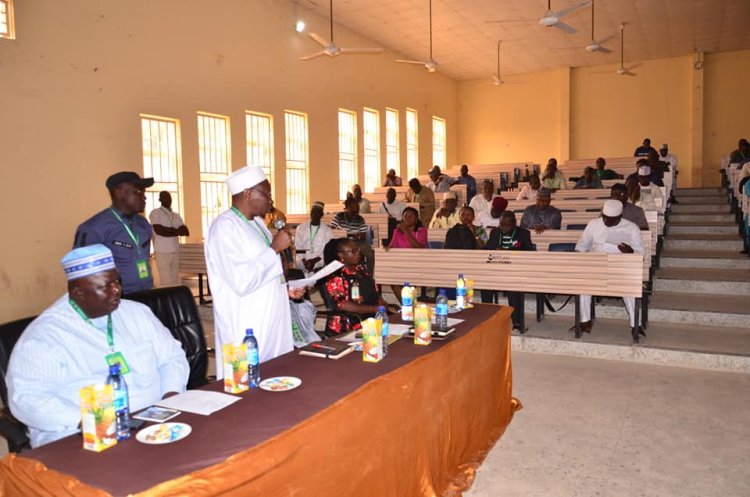
The training, held at the Adamu Adamu Lecture Hall, Permanent Site Campus, was spearheaded by the Directorate of Academic Planning.
The Vice-Chancellor of Federal University of Lafia, Prof. Shehu Abdul Rahman, while declaring the event open, said that the CCMAS was introduced by the NUC to reposition Nigerian universities to be among the best-rated in the world.
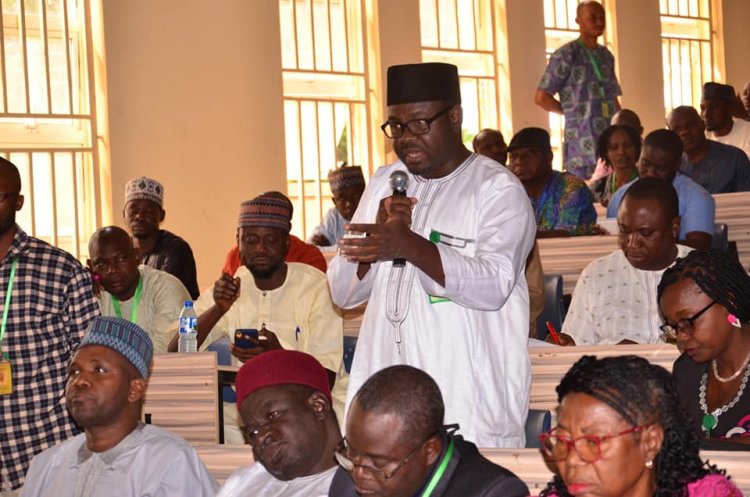
He said that with the CCMAS, the NUC would now control 70 percent of the courses’ contents while 30 percent would be contributed by the universities with each taking into account its peculiarities.
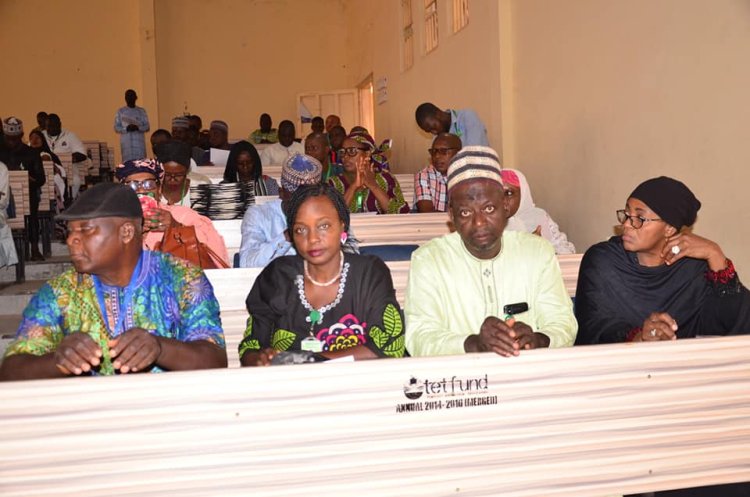
He commended the NUC for the initiative, challenging the lecturers to incorporate additional entrepreneurial contents into the University’s courses and champion other fresh ideas to add value to the University.
He thanked the Director of Academic Planning, Prof. Aleruchi Chukwu for organising the step-down training, urging the participants to work hard to make FULafia students self-employed and employers of labour as well.
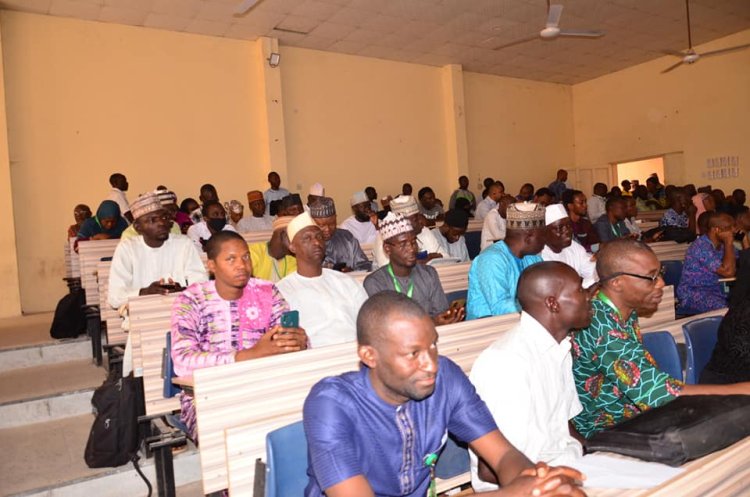
Prof Aleruchi Chuku, in her speech, said that the CCMAS was launched on December 5, 2022, by the NUC to universities’ curriculum relevant to local environment.
She stated that the 30% allocated to universities was intended to allow them to develop indigenous courses that are relevant and practical to the tasks of finding solutions to problems plaguing Nigeria and make “graduates to be employable anywhere they find themselves.”
